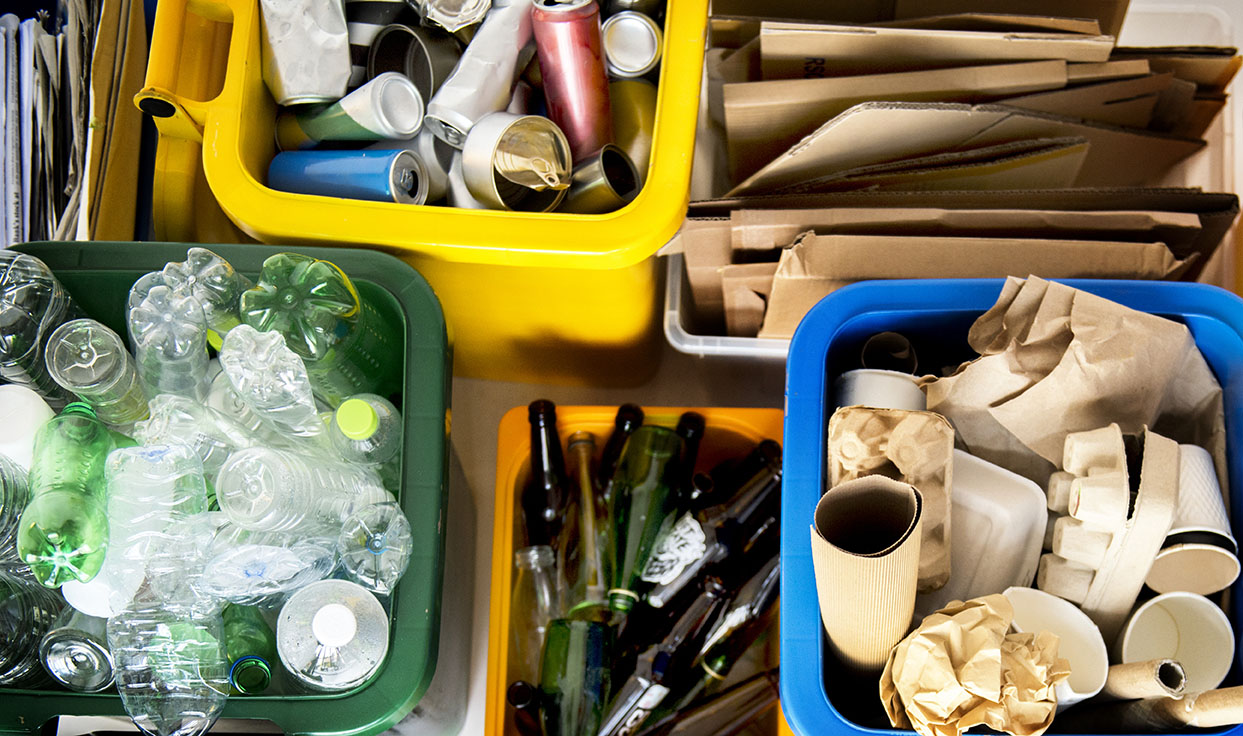
reuse
Definition
Reuse is the act of using a product or material again for its original purpose or for a new purpose. It is a form of waste reduction that can help to conserve resources and protect the environment.
There are many different ways to reuse materials, including:
- Donating or selling used items to others
- Upcycling used items into new products
- Repairing broken items
- Using refillable containers
- Buying products that are made from recycled materials
Reuse is a simple way to make a difference for the environment. By choosing to reuse materials, we can help to reduce waste, conserve resources, and protect our planet.
How can the word be used?
The student reused the paper from her old notebook.

Different forms of the word
Noun:
- the action of using something again.
Verb:
- to use something again.
Etymology
The word "reuse" comes from the Old French word "reuser", which means "to use again".
The first recorded use of the word "reuse" in English was in the 14th century.
Question
Why is it important to reuse materials? What can you do to reuse materials?
AQA Science Exam Question and Answer
Question:
Define the term "reuse" in the context of sustainable practices and discuss its environmental benefits. Provide an example of a commonly reused item and explain how it contributes to reducing waste and conserving resources.
Answer:
Reusing materials involves using items again for their original purpose or repurposing them to fulfil a different role, thus extending their lifespan and reducing the need for new production. This practice is a fundamental aspect of sustainable living and conservation.
One common example of reuse is using glass jars as containers for storing leftovers or organising small items like stationery. By reusing glass jars, individuals reduce the demand for new containers and limit the accumulation of single-use plastic containers in landfills. This reduces the energy and resources required to manufacture new products, conserving raw materials and decreasing environmental impact.
The environmental benefits of reusing are substantial. It conserves energy, water, and raw materials that would be used in manufacturing new items. It also helps mitigate waste generation and lessens the strain on disposal systems. Reusing items not only contributes to reduced resource consumption but also minimises pollution associated with production and disposal.